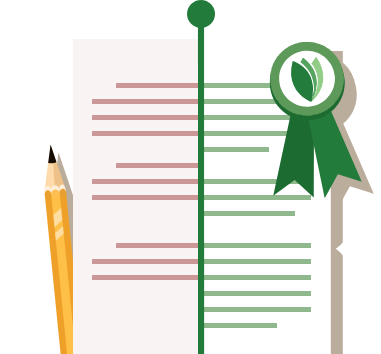The University of Georgia, located in the city of Athens, is a highly ranked public research institution. Committed to student well-being, perhaps it’s no surprise that Bulldog football fans are among the happiest and Athens, GA is considered one of the best college towns. According to their website, the University of Georgia’s accomplished alumni include “lauded scientists and researchers; countless entrepreneurs; Academy Award winners; U.S. senators; nine Pulitzer Prize recipients; and 26 governors of Georgia.” If you’re hoping to be lucky enough to become a Bulldog, you’ll need to nail the University of Georgia supplemental essay. Let’s dive in.

University of Georgia’s 2025-2026 Prompts
- The transition from middle to high school is a key time for students as they reach new levels of both academic and personal discovery. Please share a book (novel, non-fiction, etc.) that had a serious impact on you during this time. Please focus more on why this book made an impact on you and less on the plot/theme of the book itself (we are not looking for a book report). (200-350 words)

University of Georgia Supplemental Essay Question
The transition from middle to high school is a key time for students as they reach new levels of both academic and personal discovery. Please share a book (novel, non-fiction, etc.) that had a serious impact on you during this time. Please focus more on why this book made an impact on you and less on the plot/theme of the book itself (we are not looking for a book report). (200-350 words)
The University of Georgia supplemental essay prompt is unique in that it asks applicants to write about books read in the 8th or 9th grade approximate timeframe. In contrast, most college essays either ask you to write about a certain experience with no prescribed timeframe, or they restrict students’ responses to their most recent two years of high school. Nevertheless, the University of Georgia seeks to understand who you were and what impacted you just a little earlier. Here’s some more information their admissions team provides:
“We are not restricting you to the exact years of 8th-9th grades, but rather the general timeframe of the middle to high school transition, which can extend somewhat further than one year on each end. Feel free to use your discretion in your choice of the timeline focused on the shift to your high school years.”
Based on this information, it seems that the key is that your essay focuses on the transition from middle to high school. In addition, you need to address this time period through the lens of a book you read during this time. This book can be any genre, but it should have had a significant impact on you. This should be a book you still think about to this day. It should also be a book that you have read in its entirety. Note that whether or not you read this book for school is not relevant to this essay.
Moreover, because you did not read this book recently, you may want to revisit it before you begin to write this essay. That way, you can provide specific details about the book and why it impacted you. You can include quotes (as long as they are enclosed in question marks), but spend no more than 2-3 sentences summarizing the book to provide context if necessary. If this book is very well-known (for instance: the Bible, a book from the Harry Potter series, The Great Gatsby), then you need not summarize it.
Focus on providing reasons for why this book impacted you. What are the themes and messages that have changed your behavior or mindset? How has the book influenced the way you write or communicate? What were the lessons you learned? If you can answer a few of these questions in your essay with clarity and specific details, then you’ll do well.
Feel free to use the sample essay on the University of Georgia website as a reference!
If you need help polishing up your University of Georgia supplemental essays, check out our College Essay Review service. You can receive detailed feedback from Ivy League consultants in as little as 24 hours.





